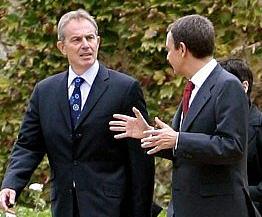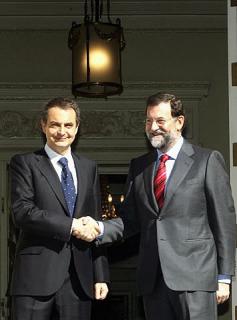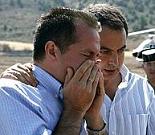Spanish King asks Hugo Chavez to shut up
The incident occured when Zapatero responded to Chavez's description of former Spanish PM José Maria Aznar. The Venezuelan president called Aznar a "fascist" and said he was "less human than a tiger or a snake". Zapatero was given the chance to reply and he reminded Chavez that when democratic governments meet to discuss their interests and differences, the underlying principle was always respect. "It is possible to be on opposite sides as far as ideology is concerned, and I am certainly nowhere near the ideas of Aznar, but he was elected by the Spanish voters, and I demand respect" he said.
While Zapatero was talking, Chavez kept interrupting him, even though his microphone was switched off. King Juan Carlos finally lost his temper and invited the Venezuelan leader to shut up. He then left the session in protest while Rodriguez Zapatero stayed in his seat to address any possible further comments. Juan Carlos returned, at the Chilean president's request, for the final part of the closing session.
After the incident Hugo Chavez said he stood by what he had said about Aznar, and he questioned Juan Carlos's attitude. "He may be a king, but he can't shut me up", he said. "We are both heads of state, the only difference is that I have been democratically elected three times" he said.
Aznar reportedly telephoned both Zapatero and the King after the Summit, to express his gratitude.
Labels: Spanish royals, Zapatero







